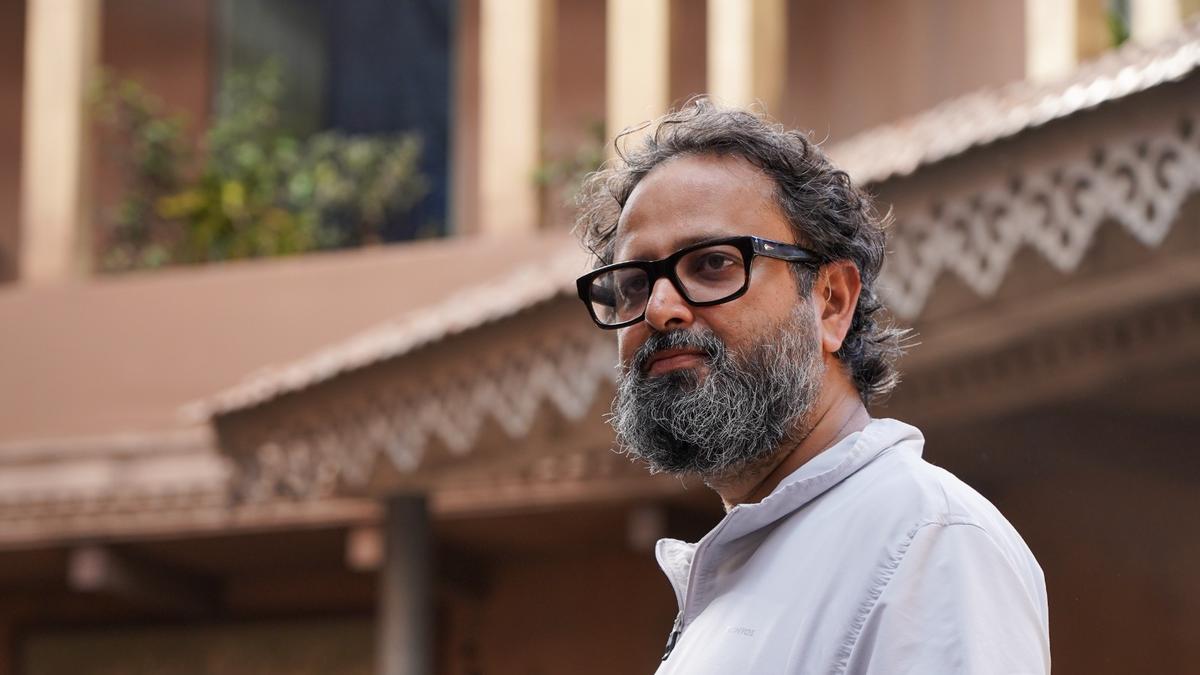
Nikkhil Advani on adapting ‘Freedom At Midnight’: Art and history are worth fighting for
The Hindu
Nikkhil Advani's diverse palette shines in historical dramas like "Freedom At Midnight," exploring India's independence and Partition.
Very few contemporary filmmakers have switched genres like Nikkhil Advani has. Still fondly remembered for the mushy Kal Ho Naa Ho, Nikhil over the years, has developed a diverse palette where of late, lesser-known historical accounts told with the flourish of a dramatic thriller, form the dominant shade. After making heads turn with The Empire and Rocket Boys, Nikkhil is currently in the news for Freedom At Midnight — SonyLiv’s seven-part series based on Dominique Lapierre and Larry Collins’ eponymous novel that depicts the backroom politics and ideological battles leading up toIndia’s independence and Partition.
Talking about his shift towards stories around epochal events, Nikkhil says growing up in Mumbai, the bomb blasts of 1993, the 26/11 Attacks, and the floods of 2005 had left a deep impact on him — “the idea of Mumbai Diaries came from me. The others have been offered to me and I don’t say no to interesting projects. I love history and spend a lot of time reading history books and listening to podcasts on history. Some historical events are honestly more visceral than anything I can write in fiction.”
As we switch up the conversation, Nikkhil quickly recalls his early days in the industry where he assisted Saeed and Aziz Mirza and sharpened his worldview while working with Sudhir Mishra and Kundan Shah. He goes on to underline how Kal Ho Naa Ho and Freedom At Midnight share the same fated release date, 21 years apart.
Returning to one’s roots is important, says Nikkhil, because “eventually home is where the heart is.” The producer-director says he learned how to mount an Airlift, Mrs Chatterjee vs Norway, or Rocket Boys within a certain budget from his days at Dharma and Yashraj Films but he can also make mentors like Sudhir Mishra proud of his work. “When Sudhir calls from his set in Vadodara to tell me that he loved the first episode of Freedom At Midnight, or when Aditya Chopra dials to say that he binged the series in one go and that it is my best work; I feel like I’ve made a good decision.”
Excerpts from an interview:
A lot of what we have shown is in history books and a lot of it is not. When Danish Khan (Executive Vice President SonyLiv), said in passing, that the series was about a history you may not know, rather a history you should know, it became the mantra with which we approached the writing. The events between August 16, 1946 when Jinnah gave a call for Direct Action Day and January 30, 1948, when Mahatma Gandhi was assassinated are indisputable, but how each personality responded and participated in the discussions could be debated.
We followed the big beats from the book. Once it was clear that Gandhi would never compromise on his principles, Sardar (Patel) was more pragmatic and realistic than others and Nehru was going to be the one torn between two giant personalities; it allowed us to create our debates and discussions and see them reacting to the events. The first season has a very reactive kind of screenplay where people react to events by instigating, negotiating, or objecting.













